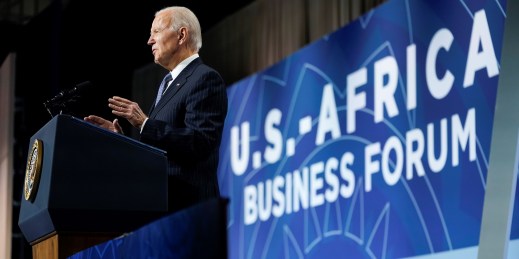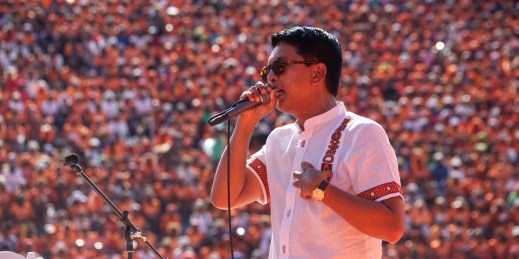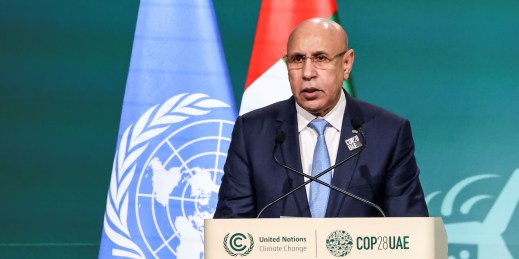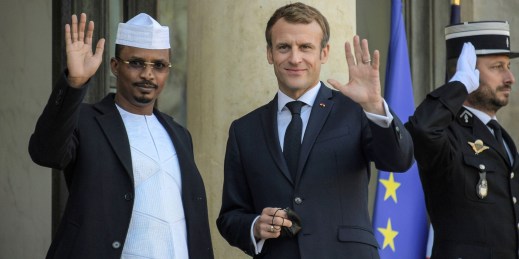
One year after U.S. President Joe Biden hosted the U.S.-Africa Leaders’ Summit, great power competition is still driving Washington’s Africa policy. So while the summit did produce some positive outcomes, engagement with civil society remains limited and human rights protection continues to be placed on the back burner.



